Military Administers 2.5 Million COVID-19 Vaccines, Addresses Funding
Leaders across DOD are continuing COVID-19 response efforts, but are projecting shortfalls from additional expenses.
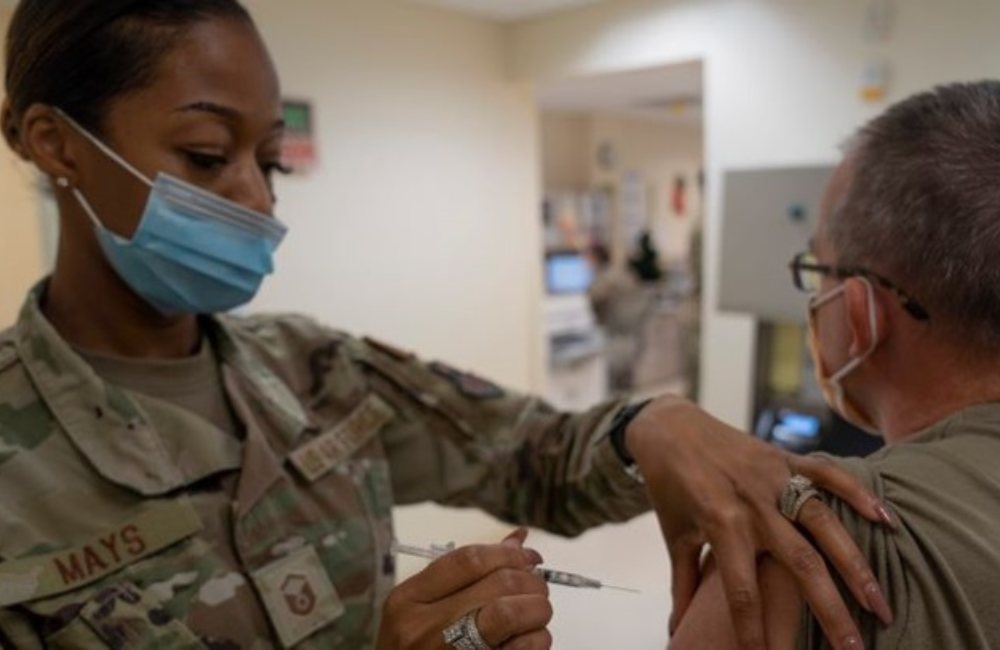
With more than 2.5 million doses of the COVID-19 vaccine administered by the Defense Department, leaders are anticipating a $1.8 billion budget shortfall as the result of unexpected COVID-19 pandemic expenses.
The Military Health System (MHS) is responsible for providing care to 9.5 million service members and their beneficiaries. While agencies and services continue to develop new offerings, the Senate Defense Appropriations Subcommittee will evaluate new investments to support military health leaders.
“Over the past few years, the Department of Defense and Congress have made significant investments in our military’s readiness, but there is no readiness issue more important than continuing to ensure the physical and mental health of the force,” said Sen. Jon Tester, chairman of the Senate Defense Appropriations Subcommittee during a Defense Health Program hearing.
Dr. Terry Adirim, acting assistant secretary of Defense for Health Affairs, highlighted how the department’s global immunization campaign has advanced vaccine delivery.
DHA also issued an Interim Procedures Memorandum, which provided new guidelines for the COVID-19 Vaccination Program. The agency will continue to release strategy updates to drive vaccine distribution. The department has also implemented a comprehensive outreach and communications effort to encourage all eligible persons to receive vaccines.
“We are encouraged by the trends in vaccine acceptance, and are confident that all individuals over the age of 15 who want the vaccine will be fully vaccinated by mid-Summer,” Adirim said.
To bolster distribution, the Army collaborated with the Departments of Health and Human Services and Homeland Security and state governments to expand testing capacity and deploy vaccines and medical teams.
“Over 1,850 service members augmented civilian hospitals or community vaccination programs,” said Lt. Gen. Scott Dingle, Surgeon General of the U.S. Army. “The Army and Army Medicine must consider the policy and funding needs to keep us ready and relevant for future challenges.”
The Air Force provided initial public health emergency response to support the vaccine administration efforts. Since then, the service has deployed an additional 1,000 Air Force medics to 11 vaccination sites in 10 states to administer COVID-19 vaccines, said Lt. Gen. Dorothy Hogg, Surgeon General of the Air Force. As of early April 2021, the service reported that it administered more than 678,000 vaccines.
“Air Force medics showed their ability to innovate. When COVID-19 epicenters… were facing critical staffing shortages, we acted quickly in employing critical care strike teams directly into civilian facilities,” said Hogg.
Rear Adm. Bruce Gillingham, Surgeon General of the U.S. Navy, said that vaccines are the most effective method to protect against the virus. The Navy has deployed personnel to assist in vaccinations across medical centers, and has administered over 775,000 vaccines.
“Currently, our highest priority remains ensuring that all sailors, Marines, and all [Navy] personnel have access to the vaccine in order to protect themselves, their shipmates, their families and the community, consistent with the DOD prioritization schema,” Gillingham added.
The department’s leaders addressed how unexpected costs from these efforts could impact budgeting. Adirim said the funds received from the CARES Act covered a majority of the COVID-19 relief efforts for 2020; however, she added that MHS will need to reevaluate funding to support initiatives throughout 2021.
The Defense Health Program is facing $673 million in COVID-19-related expenses, and it is expected to grow to nearly $2 billion. “We are working within the department to try and mitigate these shortfalls but it’s challenging,” Adirim said.
The FY 2022 budget will feature a comprehensive strategy in support of the secretary’s priorities, Adirim said. She added that the agency will work with the Subcommittee to detail objectives that will provide enhanced value.
“The department isn’t planning to ask for supplemental,” Adirim said. “We are looking to other programs within the DHP, such as a sustainment modernization funding, we’ll have to postpone the facilities maintenance. We’re looking for things like that, and we’ll likely have to look to the department as well to fill these shortfalls.”
This is a carousel with manually rotating slides. Use Next and Previous buttons to navigate or jump to a slide with the slide dots
-
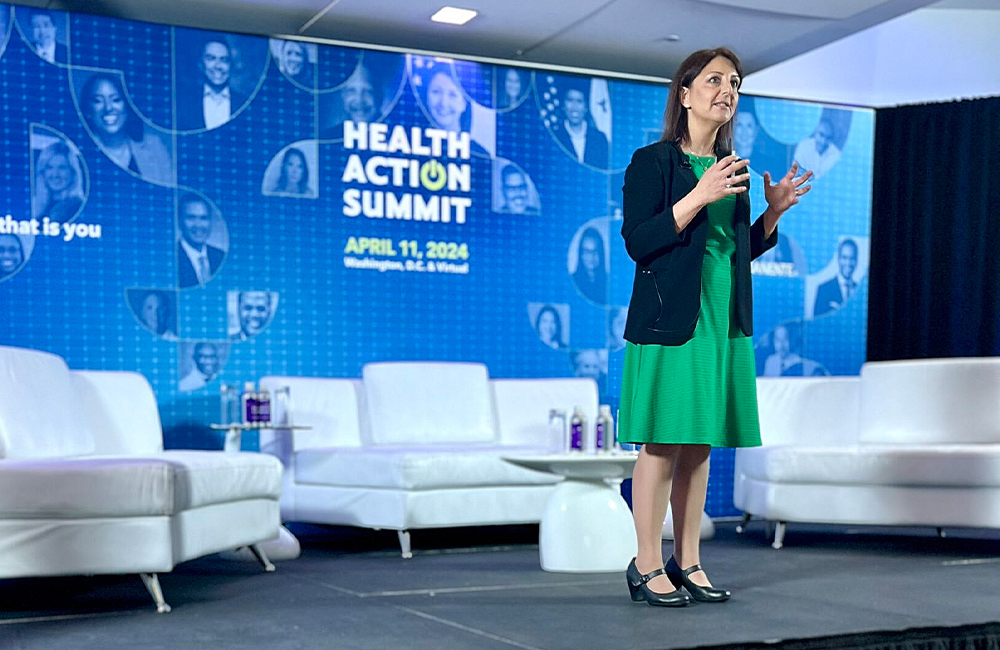
CDC Updates Public Health Data Strategy
Accelerating data sharing through capabilities like electronic case reporting make up a large portion of the new two-year plan.
3m read -
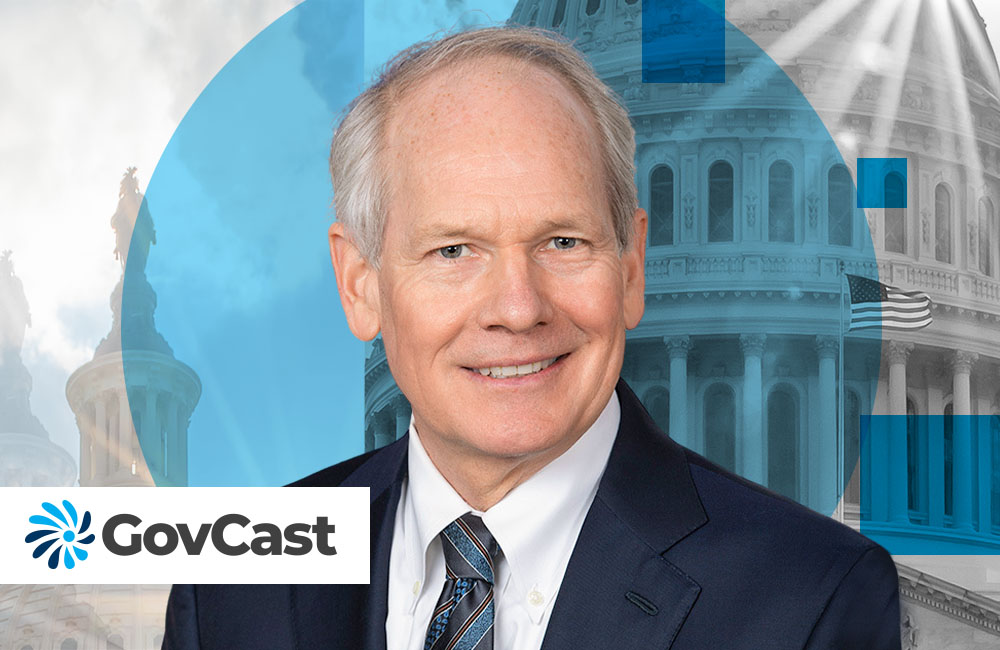
How VA is Using Digital Services to Expand Care to Veterans
CIO Kurt DelBene says the the agency’s 2024 priorities included AI adoption, hiring and a better user experience for veterans.
30m listen -
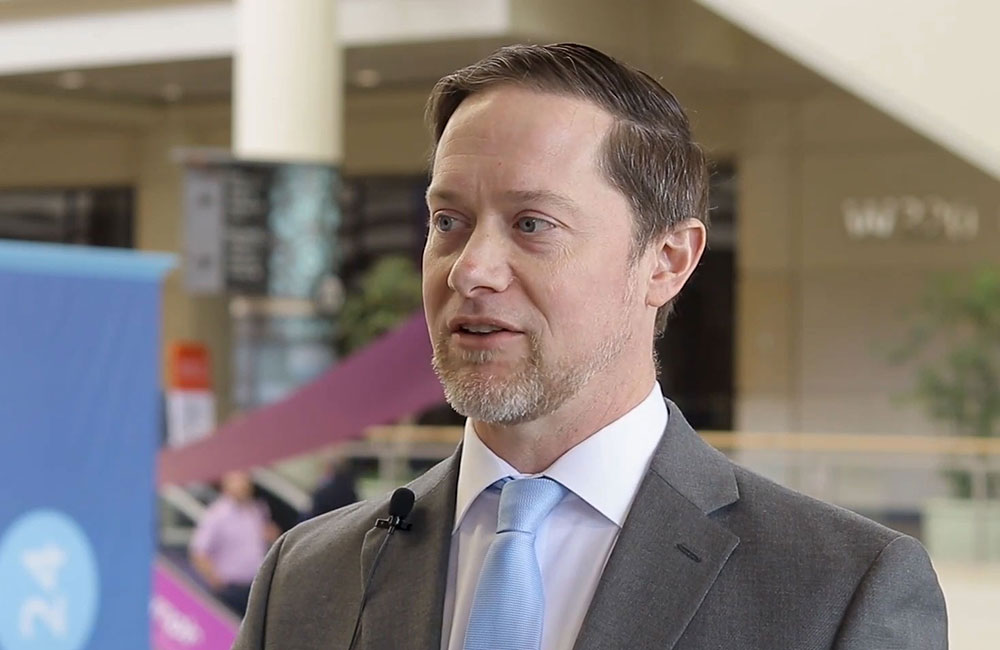
How AI, Digital Transformation in Health Care Compare Around the World
HHS and EU officials contrasted the different frameworks for emerging technology and the challenges that remain.
4m read -
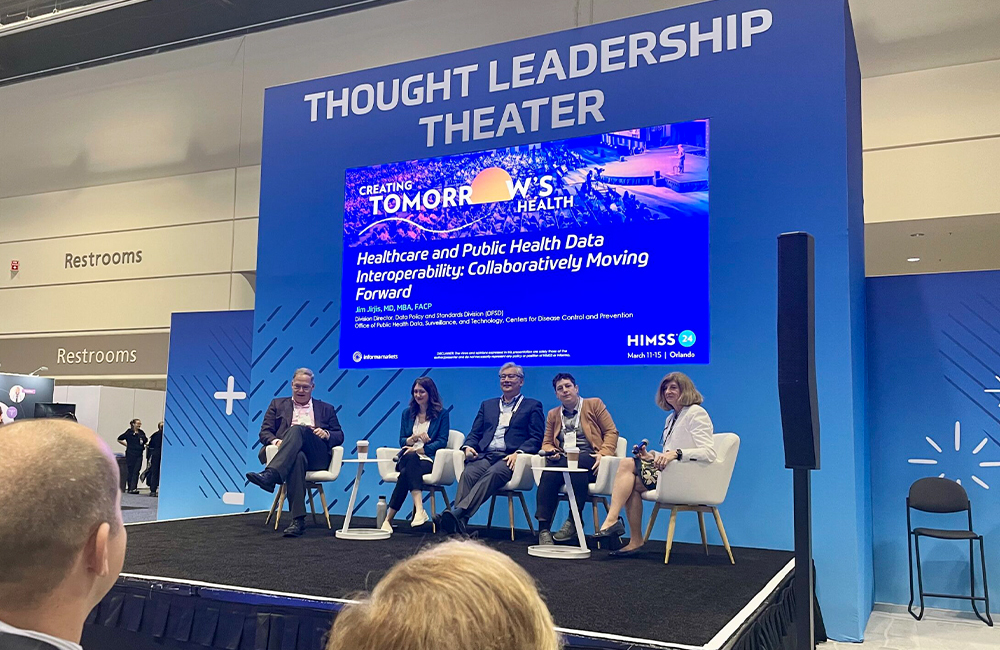
Health Agencies Tout Standards in Data Sharing, Interoperability
Officials from CMS, ONC and HHS spoke about data standards and how to help smaller health organizations make modernization progress.
3m read




